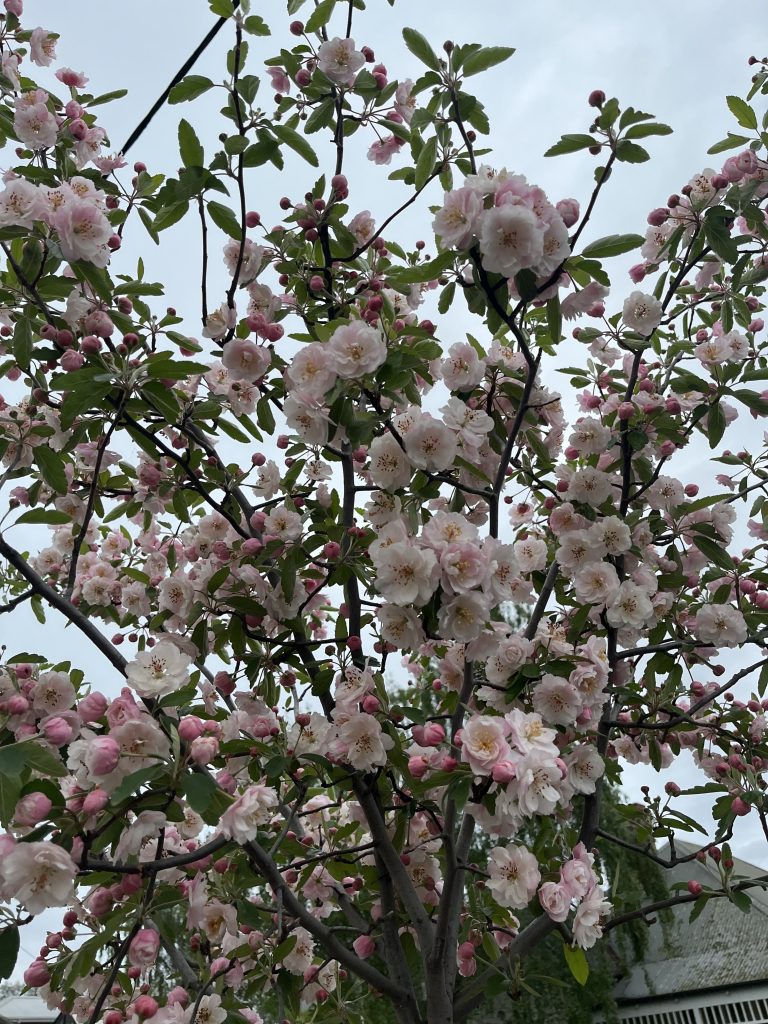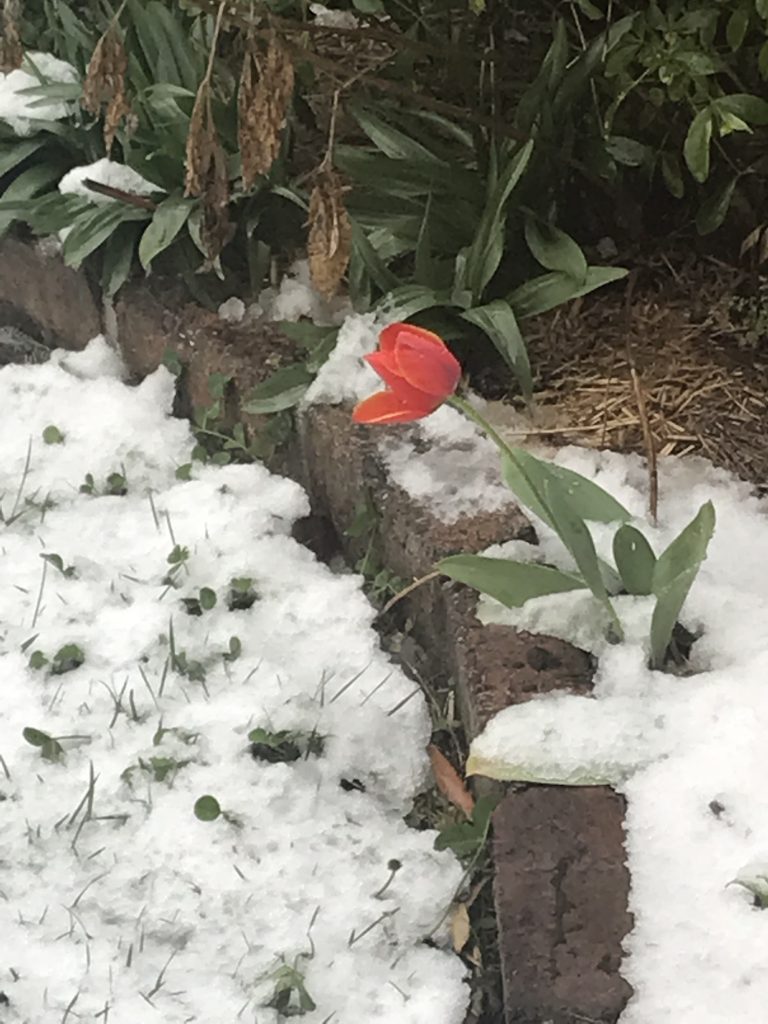Such a letter must include the promise of hope. A promise things will get better, even as paradoxically somewhere along the line you will learn about the fact of death. Memento mori.
Remember man that thou art dust and unto dust though shalt return.
Ash Wednesday in my parish church and the priest scraping black on your forehead a reminder once a year. A dark smudge exactly where an Indian woman’s red Bindi sits. A third eye. A mark of something that singles you out as a believer.
It’s a long time since you endured the scrape of ash across your forehead, like the scrape of your father’s nicotine-stained fingers across your forehead at bedtime, the stink of his brandy breath, and the knowledge soon he will be drunk and beyond hope.
But you keep hoping tonight he will not visit your room. Tonight, he will not peel the bed clothes from your sister’s body and crawl in beside her. Hope against hope your turn will not come too soon.
Before he died the writer and playwright Dennis Potter shared his hopes for a decent death. He was dying when he described the image of a baby crying in a room somewhere, mother nearby.
There may be wars outside, bombs. Starvation. No matter the external dangers, the mother says to her distressed child, ‘You’ll be okay,’ and in these words, in some small tributary of feeling, creativity lies. This Potter argues is where writing comes from.
These days when the years have left their mark on your skin and bones, you have stopped hoping for fame and recognition. You have stopped hoping to win a Booker. You know you never will. These days your hopes are simpler.
To stay as healthy as is possible in one long past their youth. Your children will be heathy, and your capacity to work, to run your fingers across the keyboard in line with the thoughts in your head. That these thoughts will have a resonance and evoke images from the past.

A small girl who bounces her ball on the concrete footpath endlessly determined to keep it bouncing as long as possible. A competition with herself to keep her ball in motion. To avoid the gutters and crooked bits of footpath, the grassy edges where her ball might go off course and make it impossible for her to hit down once more on the upwards bounce.
When Ursula Le Guin spoke of mother tongue and father tongue decades ago at her Bryn Mawr College Commencement address, she spoke to thousands of women graduating into their chosen careers, launching with hope into the whirl of work. She did not piggyback on the second wave of feminism and urge them to take up shovels, pens or swords and work like men. Instead, she talked of mother tongue and father tongue.
Father tongue, the language of the academies, of politics. An essential language that frames all our public discourse. A language that is distancing and objective. It is a proud language, resolute, authoritative, and filled with the confidence of hope.
Mother tongue on the other hand, is simple. It flies on the outbreath and is drawn in with the in breath. Don’t forget your coat. Are you warm enough. Now hurry or you’ll be late. It is the language of domesticity, the language to which Denis Potter refers. The language of hope and love but it is messy, filled with non sequiturs, with an emotional logic that defies calls to be objective. It too is essential.
We have problems, Le Guin urges, when one tongue presupposes superiority over the other, typically, as happens in our twenty first century world where father tongue is esteemed, and mother tongue devalued. Both are essential to Le Guin. Both need to be integrated to form what she calls native tongue. To have a voice.
In each letter to your soul, you will need to find this voice, in every effort you make to connect to yourself and through yourself to others. You will need to find a way of laying open your soul to the sunlight and the rain. The petrichor of a cooling earth after rain.
And in your dying moments, if you like Phillip Adams hopes, are lucky enough to be awake to watch your departure, may you walk through that door of human life on earth into another existence of peace and stillness, a better life, the life of non being, that is in itself the best way a life could be before you even existed.
For what is this thing called life other than ‘one continuous try,’ as the painter Grace Cossington Smith describes? It’s the same of painting, the same of life. You put one dab of paint onto your easel then shift it with your brush. You move it around and experiment to see what you produce. And each movement renders a different image. One that pleases. Others that don’t. You keep on trying. The point of hope, the point of resilience is to go on trying, as long as you have breath in your lungs, and a mind connected to your soul with promises things will only get better.

